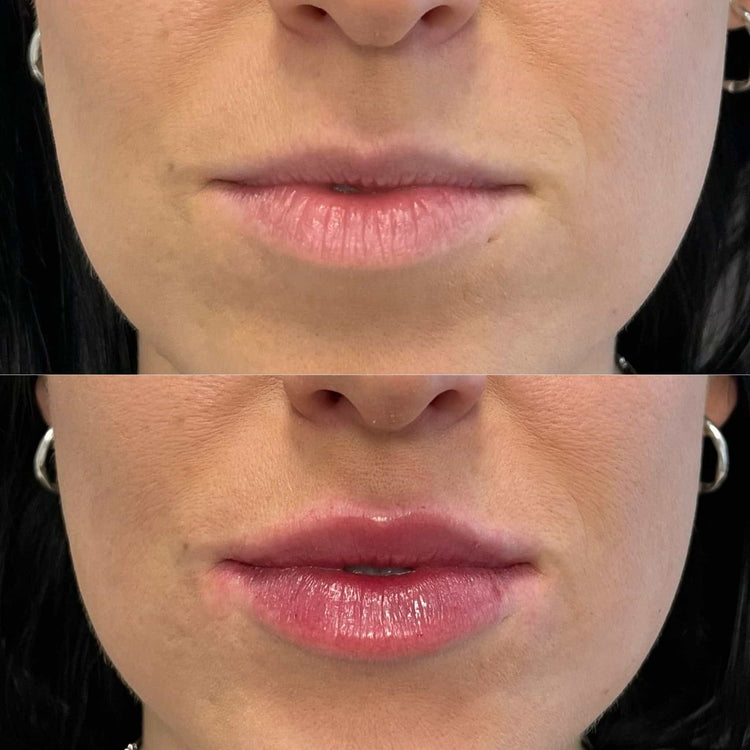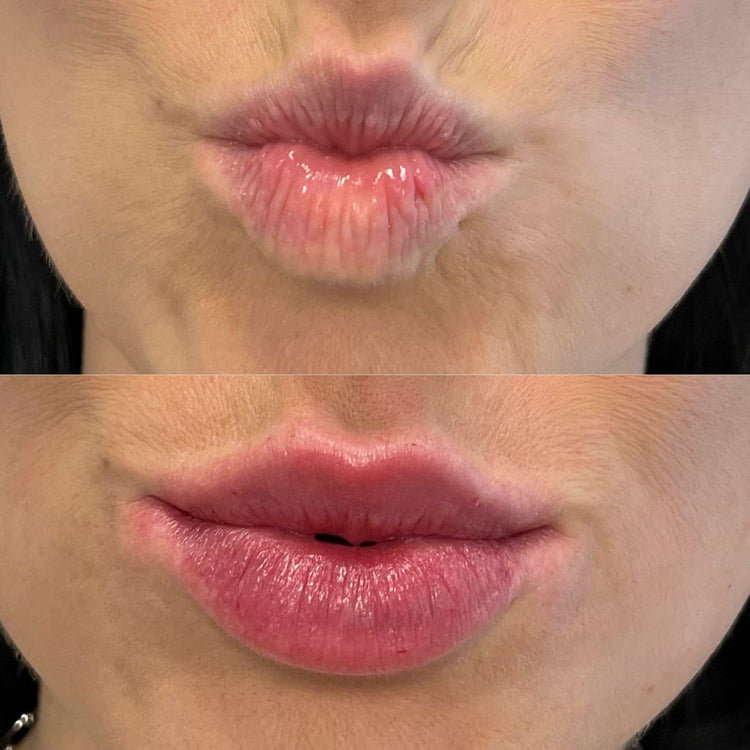Cold Compresses
Swelling and inflammation are common side effects after lip fillers, often causing discomfort and altering appearance. Fortunately, there are ways to minimize these reactions. Cold compresses offer a simple and effective remedy for reducing swelling.
Applying Ice Packs
Cold compresses help constrict blood vessels, which can reduce fluid buildup and inflammation in the treated area. Applying ice packs regularly after lip fillers can significantly minimize swelling and promote faster healing.
Here are some tips on how to apply cold compresses effectively:
- Apply a cold compress or ice pack wrapped in a thin towel to the affected area for 15-20 minutes at a time, several times a day.
- Avoid direct contact between ice and your skin, as this can cause irritation.
- Take breaks between applications to allow the area to warm up slightly.
- Continue applying cold compresses until the swelling subsides significantly.
Frequency of Application
For optimal results, aim to apply a cold compress every 2-3 hours throughout the day, particularly during the initial 24-48 hours following your lip filler treatment. You can gradually reduce the frequency as the swelling diminishes.
It’s essential to listen to your body and adjust the application schedule based on your individual response to the treatment.
Elevation
Swelling and inflammation are common reactions after receiving lip fillers, which can be uncomfortable and temporarily affect your appearance. Luckily, there are strategies to minimize these side effects.
Positioning for Drainage
Elevation is an important factor in positioning for drainage, particularly when dealing with fluid buildup or swelling. By elevating the affected area above the heart, gravity can assist in promoting fluid movement away from the site and reduce swelling.
This principle applies to various situations, including post-surgical recovery, injuries, and even conditions like edema.
Medications
Medications play a crucial role in managing various health conditions, offering relief from symptoms and promoting healing. From antibiotics combating infections to pain relievers reducing discomfort, medications can significantly improve quality of life. Understanding the different types of medications, their intended uses, and potential side effects is essential for informed healthcare decisions.

Over-the-Counter Pain Relievers
Over-the-counter pain relievers like ibuprofen or acetaminophen can help manage any discomfort associated with swelling after lip fillers. These medications work by reducing inflammation and blocking pain signals.
It’s important to follow the recommended dosage instructions on the medication label and consult a healthcare professional if you have any concerns or pre-existing medical conditions.
Remember, while these remedies can be helpful, it’s essential to prioritize your health and seek guidance from a qualified healthcare professional for personalized advice and treatment.
Antihistamines
Antihistamines are medications that block the action of histamine, a chemical released by the body during allergic reactions. These reactions often involve inflammation, swelling, and itching.

In the context of lip fillers, antihistamines may be helpful in reducing swelling caused by an allergic reaction to the filler material or other ingredients.
If you experience significant swelling, redness, or other signs of an allergic reaction after lip fillers, it is essential to seek immediate medical attention.
Lifestyle Modifications
Reducing swelling after lip fillers is crucial for a comfortable recovery and desired aesthetic outcome.
Rest
Lifestyle modifications can also play a role in minimizing swelling. Getting adequate rest allows your body to focus its energy on healing and reducing inflammation.
It’s essential to avoid strenuous activity and give your body time to recover after the procedure.
Hydration
Staying hydrated is crucial for overall health and can aid in reducing swelling. Drinking plenty of water helps flush out excess fluid and toxins from the body, which can contribute to inflammation.
Aim for at least eight glasses of water per day after lip fillers to support your body’s natural healing processes.
Avoiding Alcohol and Smoking
Avoiding alcohol and smoking is vital for minimizing swelling after lip fillers. Alcohol can dehydrate the body, potentially worsening inflammation.
Smoking restricts blood flow, hindering the healing process and increasing the risk of complications.
Topical Treatments
Swelling and inflammation are common side effects following lip filler procedures, often causing temporary discomfort and altering appearance. Fortunately, various topical treatments and lifestyle adjustments can help minimize these reactions and promote faster healing.
Arnica Gel
Arnica gel is a popular topical treatment believed to reduce swelling and bruising.
It contains arnicin, a compound derived from the arnica plant, which is thought to have anti-inflammatory properties.
While more research is needed to confirm its effectiveness for lip fillers specifically, many people find it helpful in managing post-procedure swelling.
If you choose to use arnica gel, apply a thin layer to the treated area several times a day as directed on the product label.
Aloe Vera Gel
Aloe vera gel is another popular topical treatment known for its soothing and anti-inflammatory properties. It’s rich in vitamins, minerals, and antioxidants that may help reduce swelling, redness, and irritation.
To use aloe vera gel for lip fillers, apply a small amount to the treated area several times a day.
Seeking Professional Help
Seeking professional help is essential when dealing with any medical concern, including post-lip filler complications. Swelling, while common, can sometimes indicate a more serious issue requiring medical attention.
When to Consult a Doctor
Seeking professional help is crucial when encountering unexpected or severe side effects after lip fillers. If swelling intensifies, spreads beyond the treated area, or is accompanied by other concerning symptoms like fever, redness, or pus discharge, it’s essential to consult a healthcare professional immediately.
These could be signs of an allergic reaction, infection, or another complication requiring prompt medical intervention.
A doctor can properly assess the situation, determine the cause of the swelling, and recommend appropriate treatment options.
Book a lip filler consultation at It’s Me & You Clinic with Dr. Laura Geige
- Why Sculptra Is Gaining Popularity In Surrey - June 29, 2025
- What’s The Worst Thing That Can Happen With Lip Fillers? - June 28, 2025
- What Is The Best Filler For The Temple Area - June 25, 2025

